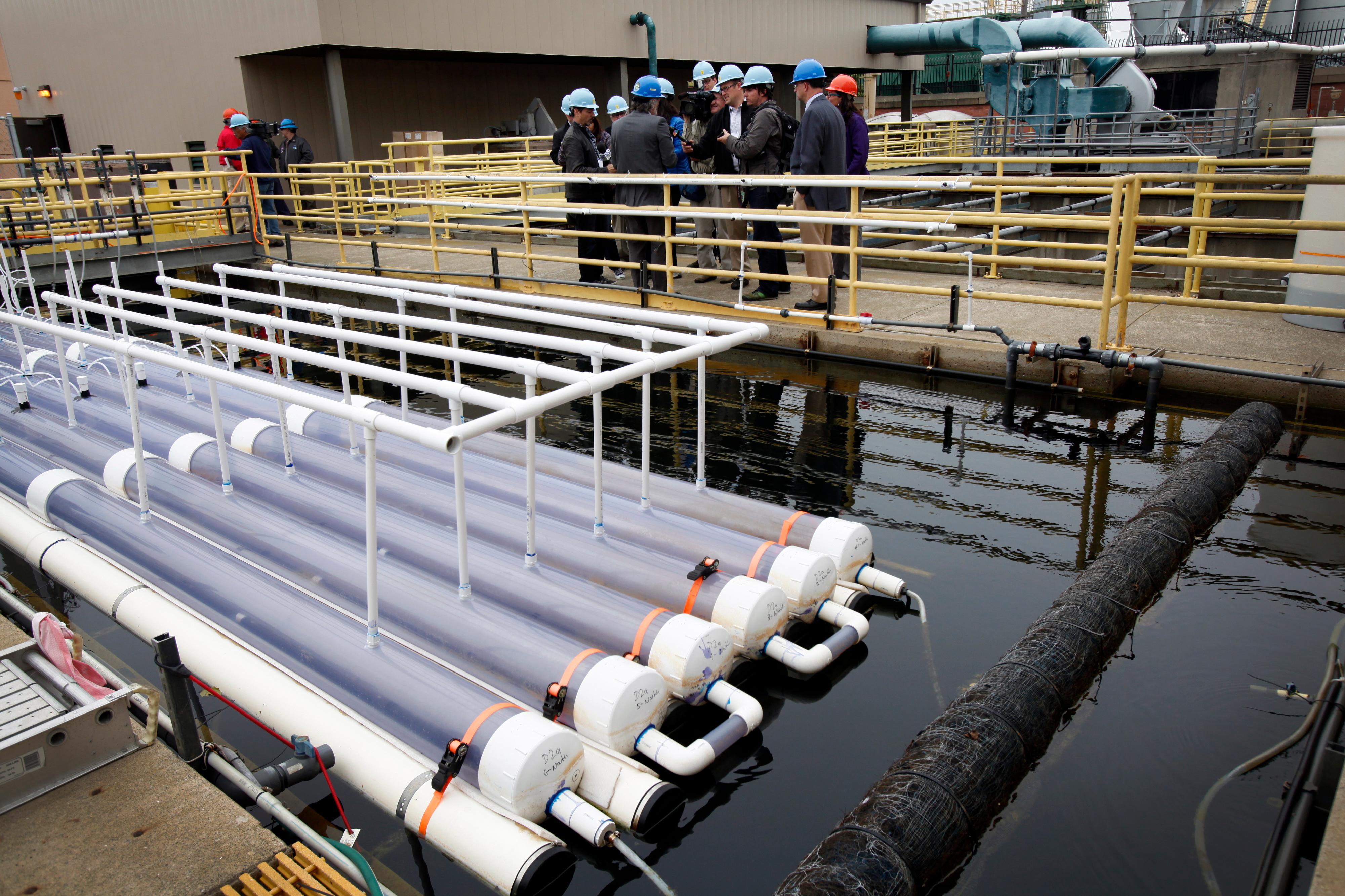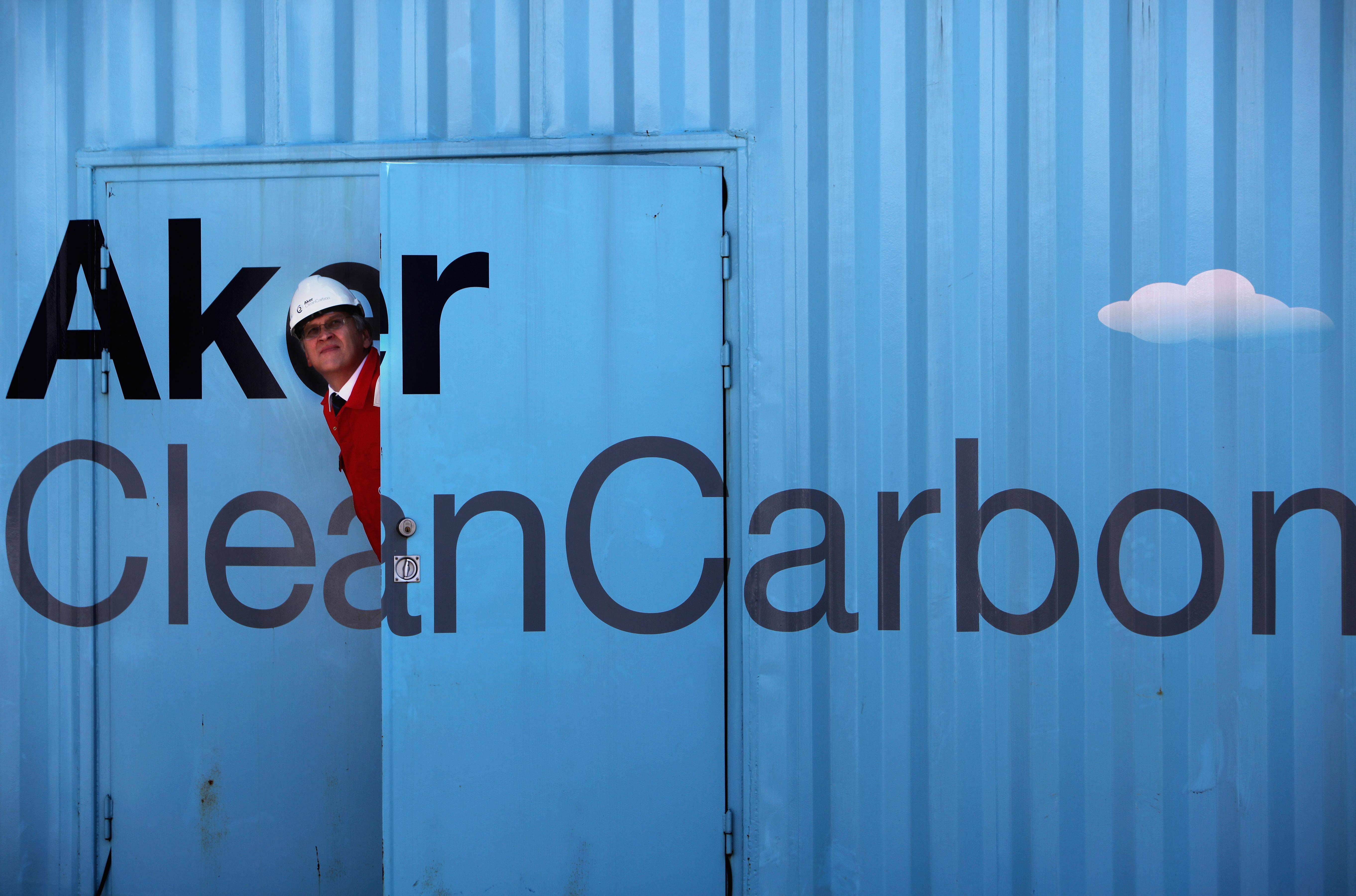Should You Add Carbon Capture Companies to Your Investment Portfolio?
Finding a carbon capture company that fits your vision can be tough. Consider these publicly traded options for a green investment.
Jan. 22 2021, Published 10:34 a.m. ET
In terms of environmental wellbeing, carbon capture isn't as effective as emission-free technology. Despite that, industrial facilities have been shown to reduce their life cycle CO2 emissions by 55–90 percent, simply by scrubbing carbon from their flue gas. Plus, carbon capture storage (or CCS) is becoming increasingly viable on a commercial scale—which is precisely why more companies are taking on the task.
With Tesla founder Elon Musk announcing a $100 million donation for the best carbon capture technology, it's safe to say that innovation is en route (after all, Musk is quite the market motivator). Right now, however, there are already numerous carbon capture companies on the public market.
Carbon capture technology tackles every sector imaginable
According to Climate Central, 29 percent of carbon emissions come from the transportation sector. Meanwhile, electricity accounts for 28 percent, and industrial operations make up another 22 percent. Commercial, residential, and agricultural sectors make up the rest. In 2019, carbon levels reached 415.26 parts per million, the highest in recorded history.
Carbon capture: How it works
When a company uses technology to capture carbon, it's doing more than just storing it deep underground for a rainy day. Uses for captured carbon include enhancing oil recovery, increasing plant growth, and building concrete, chemicals, and fuels. Some of these purposes feel a bit counterproductive, but it's better than nothing. Experts suggest that CO2 capturing technology could be worth as much as $1 trillion by 2030.
Carbon capture companies to invest in
There are plenty of startup carbon capture companies looking to make a difference in the world. Right now, however, the ones on the market are conglomerates, and investing in the entire company could be counterintuitive to your impact investing strategy. These include the following:
- Royal Dutch Shell ("RDS.A" on the NYSE), which has fallen 30.8 percent in the past 12 months. This big oil brand has numerous CCS projects in the works, including the largest one in the world based in Alberta, Canada.
- Chevron Corporation ("CVX" on the NYSE), which has seen an 18.5 percent dip in the past year. Its Australia-based CCS program functions in tandem with Shell and ExxonMobil.
- NRG Energy ("NRG" on the NYSE), which may be your best bet for big companies with a green vision. Based in Houston, its CCS system uses or sequesters as much as 1.6 million tons of CO2 each year.
- Norway's Equinor ("EQNR" on the NYSE), a great way to geographically diversify without leaving the domestic exchange network. The company captures about a million tons of CO2 annually.
Other companies, such as Global Thermostat, Carbon Engineering, and Climeworks, are still privately held. With the speedy rate of IPOs these days, however, it's a good idea to stay tuned in case your favorite carbon capture company decides to go public.
Carbon capture ETF options
The KFA Global Carbon ETF ("KRBN" on the NYSE) has seen marked growth since it was listed in July 2020 (27.13 percent as of Jan. 22, 2021, to be exact). KRBN covers cap-and-trade programs, which correlates with carbon capture technology.
Climate change can feel like a novel topic, but the truth is that French physicist Joseph Fourier first discovered the greenhouse gas in 1824—nearly two centuries ago. Innovation and action are long overdue.


